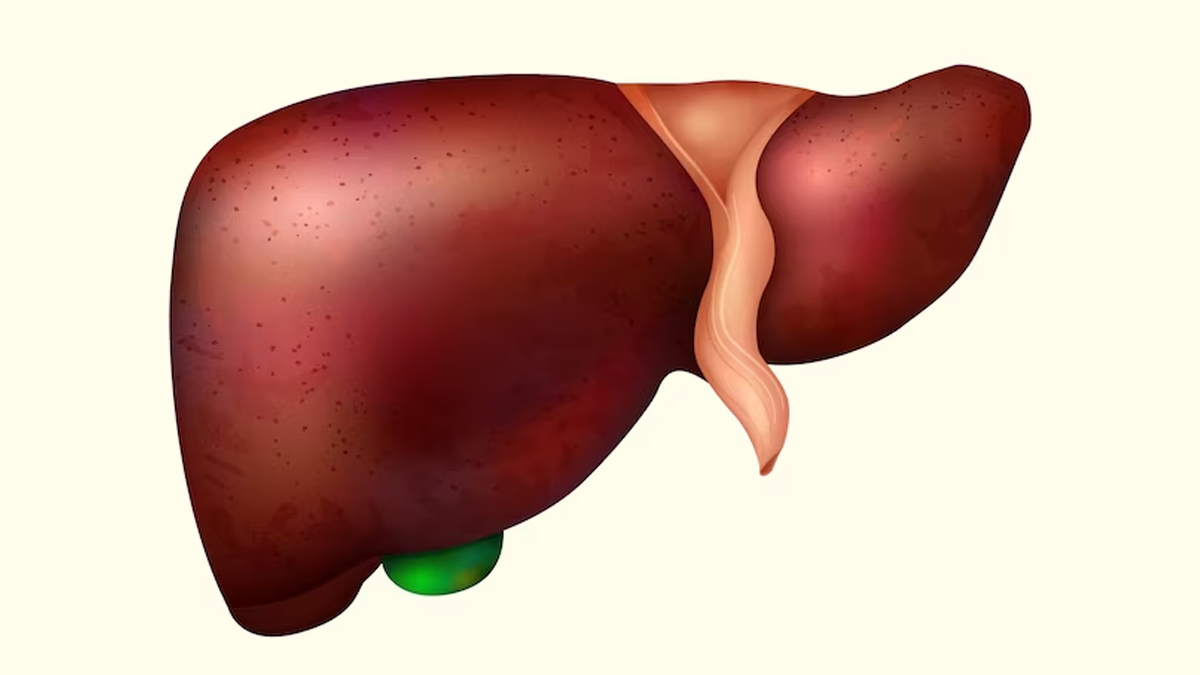

Beans, which are related to peas, are a summer crop that requires high temperatures to grow. These are the kind of legumes that can be both tasty and nutritious. They are also known as the vegetarian protein. Let’s look at the health benefits of eating beans.
Protein Alternative For Vegans
For vegetarians and vegans, beans are a fantastic source of plant-based protein. Packed with essential amino acids, they promote muscle growth, repair, and overall bodily functions without the saturated fat found in animal protein.
Fibre-Rich for Digestive Health
Beans contain a rich amount of dietary fibre, supporting digestive health by promoting regular bowel movements, preventing constipation, and maintaining a healthy gut microbiome. This fibre also helps in controlling blood sugar levels and lowering cholesterol.
Also read: Health Benefits Of Fava Beans
Beneficial For A Healthy Heart
Beans are low in saturated fat and high in soluble fibre, which work together to reduce LDL cholesterol levels and improve heart health.
A study published in 2017, showed one reason for the drop in cardiovascular risk was that those who consume food replaced higher fat animal flesh proteins with beans.

Stabilise Blood Sugar Levels
The complex carbohydrates found in beans are digested slowly, preventing rapid spikes in blood sugar levels. This makes them an excellent choice for people with diabetes or those looking to manage their blood sugar.
Can Help Manage Weight
The combination of protein and fibre in beans helps increase satiety, making you feel full for longer periods. Incorporating beans into your meals can aid in weight management by curbing overeating and snacking.
Also read: Health benefits of Kidney Beans That Would Make You Love Rajma Even More
Antioxidant Rich
As per International Journal of Molecular Sciences, beans are rich in antioxidants, including various flavonoids and polyphenols. These compounds help neutralise harmful free radicals in the body, reducing oxidative stress and the risk of chronic diseases.
Nutrient Diversity
Different types of beans offer a wide array of nutrients, including vitamins such as folate, B vitamins, and minerals like iron, magnesium, and zinc. This nutrient diversity contributes to overall health and well-being.
Can Prevent Fatty Liver
Findings of a research suggest that higher intake of total legumes (beans, lentils, and peas) was associated with lower risk of non alcoholic fatty liver disease.

Can Reduce The Risk Of Osteoporosis
Beans contain essential minerals like calcium, phosphorus, and magnesium, which are vital for maintaining strong and healthy bones. As per research, the nutrients content of beans may contribute to bone density and reduce the risk of osteoporosis.
From supporting heart health to aiding in weight management and promoting digestive wellness, beans are a nutritious vegetable that deserves a place on your plate. With their rich nutrient profile, versatility, and potential to prevent chronic diseases, beans are an affordable and delicious addition to a balanced diet.
اكتشاف المزيد من ينبوع المعرفة
اشترك للحصول على أحدث التدوينات المرسلة إلى بريدك الإلكتروني.
